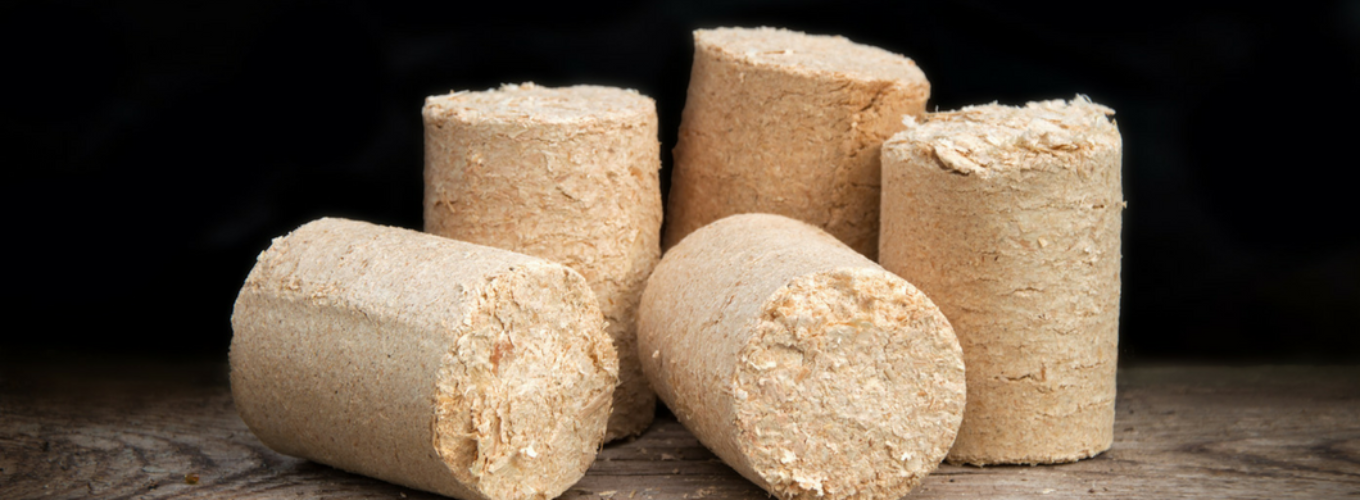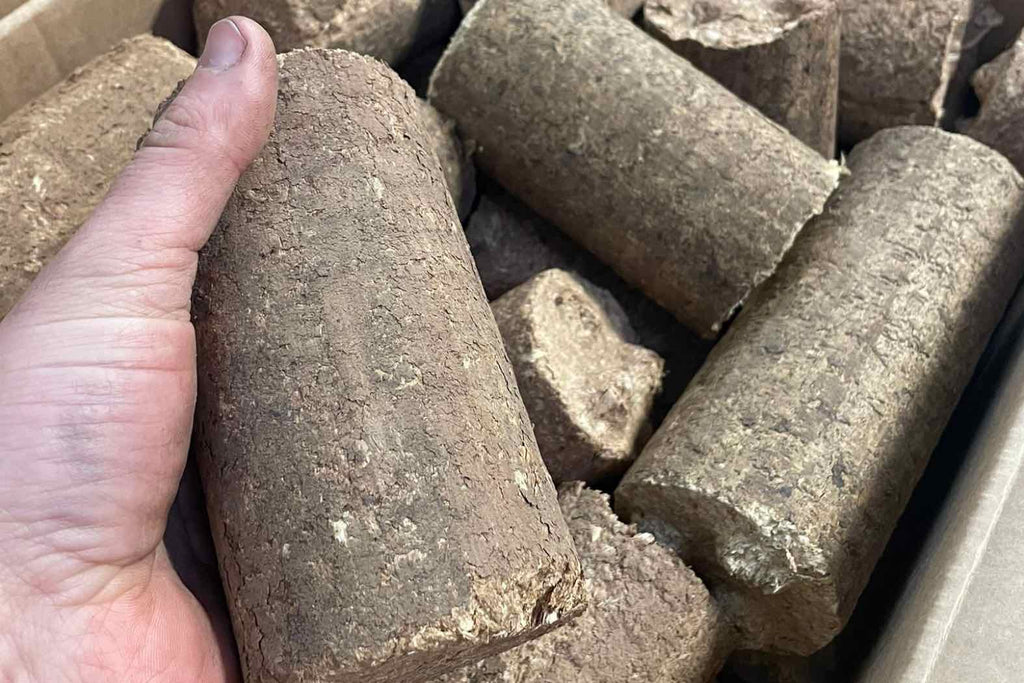Fueling Sustainability: The Rise of Briquettes
In today’s world, where environmental consciousness is at the forefront of societal concerns, finding sustainable energy solutions is imperative. One such solution gaining traction is the use of cheap wood briquettes. These compressed blocks of organic matter offer a promising alternative to traditional fuels, combining efficiency with environmental responsibility.
The Environmental Imperative
With the looming threat of climate change and the depletion of natural resources, the need for sustainable energy sources has never been more pressing. Traditional fuels like coal and firewood contribute significantly to carbon emissions and deforestation, exacerbating environmental degradation. In contrast, cheap wood briquettes present a greener option, utilizing waste biomass such as sawdust, agricultural residues, and even recycled paper.

Efficiency Redefined
Beyond their environmental benefits, briquettes offer unparalleled efficiency compared to conventional fuels. Their uniform shape and density ensure consistent burning, providing a steady source of heat with minimal waste. Moreover, the high energy content of briquettes means that less fuel is required to achieve the same level of warmth, resulting in cost savings for consumers.
Versatility in Application
One of the most appealing aspects of cheap wood briquettes is their application versatility. Whether used for heating homes, powering industrial furnaces, or cooking meals, briquettes prove to be a reliable fuel source across various settings. Their compact size and ease of storage further enhance their appeal, making them an ideal choice for both urban and rural environments.

Empowering Local Economies
The production and utilization of briquettes also present economic opportunities, particularly in rural areas. By utilizing locally available biomass resources, communities can establish small-scale briquette manufacturing enterprises, creating jobs and stimulating economic growth. Additionally, the affordability of briquettes compared to imported fossil fuels can alleviate financial burdens on households, particularly in regions with high energy costs.
Challenges and Future Prospects
Despite their numerous advantages, the widespread adoption of odav puitbrikett is challenging. Issues such as inconsistent quality, limited access to raw materials, and inadequate infrastructure pose barriers to scalability. However, ongoing research and technological advancements continue to address these challenges, paving the way for a more sustainable energy future.
